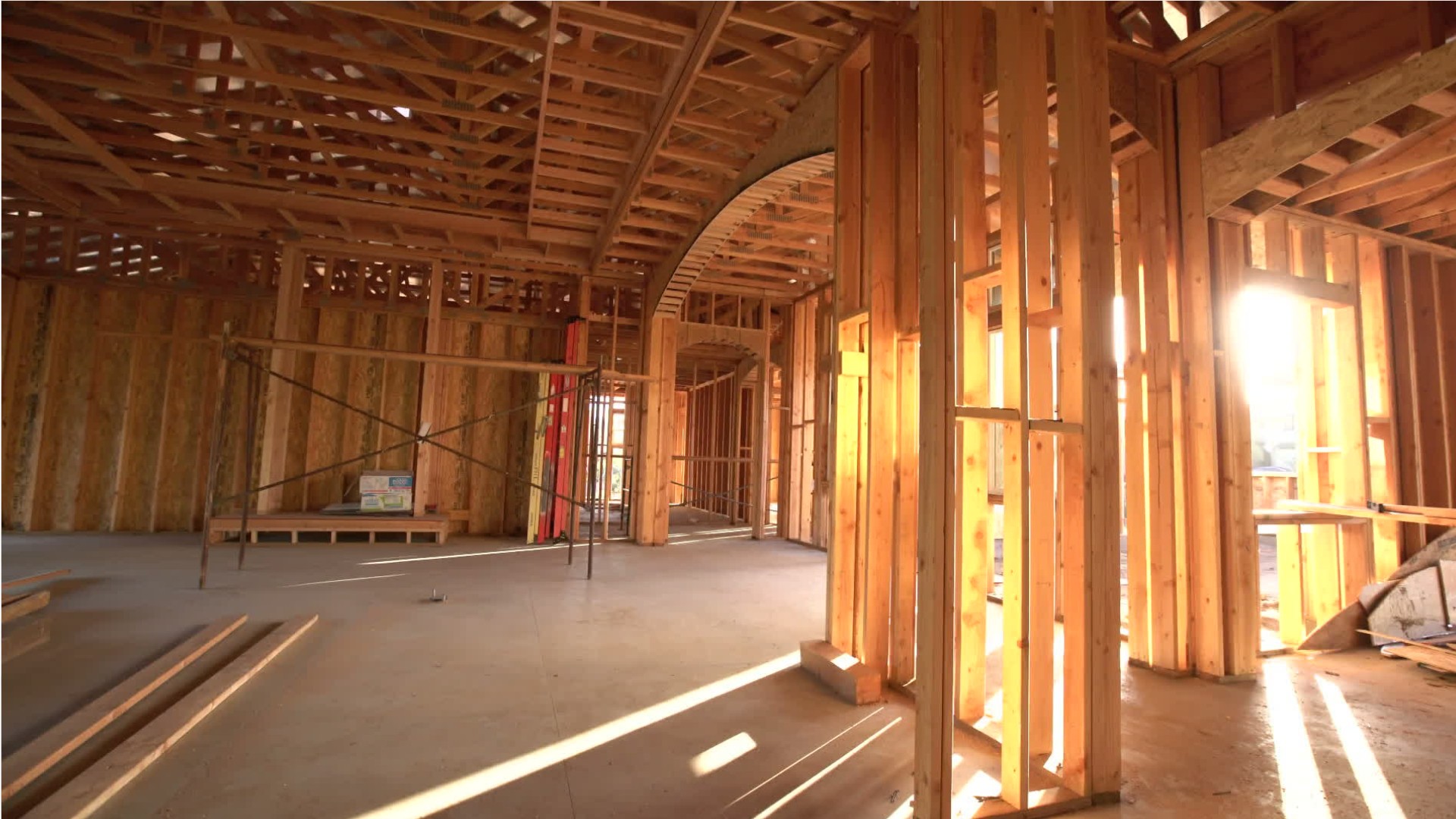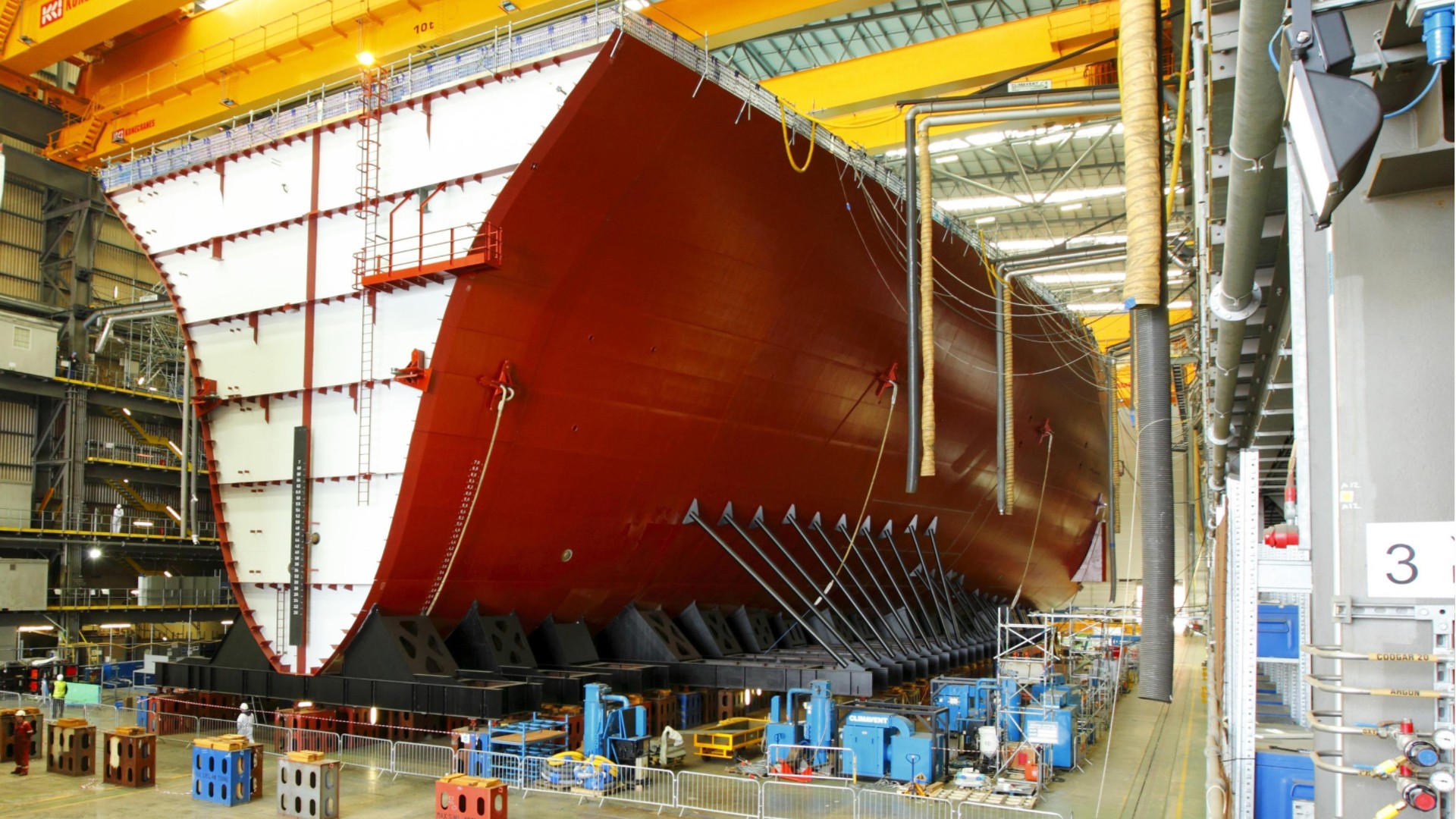Civil Engineering Technicians
Civil Engineering Technicians
Career Overview
Civil engineering technicians help civil engineers to plan, design, and build highways, bridges, utilities, and other infrastructure projects. They also help to plan, design, and build commercial, industrial, residential, and land development projects.
Education
Employers generally prefer engineering technicians to have an associate’s degree from a program accredited by ABET, although a degree is not always required. Engineering technology programs are also available at technical or vocational schools that award a postgraduate certificate or diploma.
Future Outlook
Employment of civil engineering technicians is projected to grow 3 percent from 2019 to 2029, about as fast as the average for all occupations. The need to preserve, repair, upgrade, and enhance the country’s infrastructure continues to increase. Bridges, roads, levees, airports, and dams will need to be rebuilt, maintained, and upgraded.
Work Environment
Civil engineering technicians work in offices, where they help civil engineers plan and design projects. Civil engineering technicians also visit jobsites where a construction project is taking place, to collect or test materials or observe the project and act as a project inspector.
Recommended High School Courses
- Chemistry
- Calculus
- Physics
- Communication
- Active Listening - Giving full attention to what other people are saying, taking time to understand the points being made, asking questions as appropriate, and not interrupting at inappropriate times.
- Complex Problem Solving - Identifying complex problems and reviewing related information to develop and evaluate options and implement solutions.
- Coordination - Adjusting actions in relation to others' actions.
- Critical Thinking - Using logic and reasoning to identify the strengths and weaknesses of alternative solutions, conclusions or approaches to problems.
- Judgment and Decision Making - Considering the relative costs and benefits of potential actions to choose the most appropriate one.
- Mathematics - Using mathematics to solve problems.
- Monitoring - Monitoring/Assessing performance of yourself, other individuals, or organizations to make improvements or take corrective action.
- Reading Comprehension - Understanding written sentences and paragraphs in work related documents.
- Speaking - Talking to others to convey information effectively.
- Writing - Communicating effectively in writing as appropriate for the needs of the audience.
- Administration and Management - Knowledge of business and management principles involved in strategic planning, resource allocation, human resources modeling, leadership technique, production methods, and coordination of people and resources.
- Building and Construction - Knowledge of materials, methods, and the tools involved in the construction or repair of houses, buildings, or other structures such as highways and roads.
- Clerical - Knowledge of administrative and clerical procedures and systems such as word processing, managing files and records, stenography and transcription, designing forms, and other office procedures and terminology.
- Computers and Electronics - Knowledge of circuit boards, processors, chips, electronic equipment, and computer hardware and software, including applications and programming.
- Customer and Personal Service - Knowledge of principles and processes for providing customer and personal services. This includes customer needs assessment, meeting quality standards for services, and evaluation of customer satisfaction.
- Design - Knowledge of design techniques, tools, and principles involved in production of precision technical plans, blueprints, drawings, and models.
- Education and Training - Knowledge of principles and methods for curriculum and training design, teaching and instruction for individuals and groups, and the measurement of training effects.
- Engineering and Technology - Knowledge of the practical application of engineering science and technology. This includes applying principles, techniques, procedures, and equipment to the design and production of various goods and services.
- English Language - Knowledge of the structure and content of the English language including the meaning and spelling of words, rules of composition, and grammar.
- Mathematics - Knowledge of arithmetic, algebra, geometry, calculus, statistics, and their applications.
- Mechanical - Knowledge of machines and tools, including their designs, uses, repair, and maintenance.
- Physics - Knowledge and prediction of physical principles, laws, their interrelationships, and applications to understanding fluid, material, and atmospheric dynamics, and mechanical, electrical, atomic and sub- atomic structures and processes.
- Public Safety and Security - Knowledge of relevant equipment, policies, procedures, and strategies to promote effective local, state, or national security operations for the protection of people, data, property, and institutions.
- Transportation - Knowledge of principles and methods for moving people or goods by air, rail, sea, or road, including the relative costs and benefits.
- Category Flexibility - The ability to generate or use different sets of rules for combining or grouping things in different ways.
- Deductive Reasoning - The ability to apply general rules to specific problems to produce answers that make sense.
- Far Vision - The ability to see details at a distance.
- Flexibility of Closure - The ability to identify or detect a known pattern (a figure, object, word, or sound) that is hidden in other distracting material.
- Fluency of Ideas - The ability to come up with a number of ideas about a topic (the number of ideas is important, not their quality, correctness, or creativity).
- Inductive Reasoning - The ability to combine pieces of information to form general rules or conclusions (includes finding a relationship among seemingly unrelated events).
- Information Ordering - The ability to arrange things or actions in a certain order or pattern according to a specific rule or set of rules (e.g., patterns of numbers, letters, words, pictures, mathematical operations).
- Mathematical Reasoning - The ability to choose the right mathematical methods or formulas to solve a problem.
- Near Vision - The ability to see details at close range (within a few feet of the observer).
- Number Facility - The ability to add, subtract, multiply, or divide quickly and correctly.
- Oral Comprehension - The ability to listen to and understand information and ideas presented through spoken words and sentences.
- Oral Expression - The ability to communicate information and ideas in speaking so others will understand.
- Originality - The ability to come up with unusual or clever ideas about a given topic or situation, or to develop creative ways to solve a problem.
- Problem Sensitivity - The ability to tell when something is wrong or is likely to go wrong. It does not involve solving the problem, only recognizing there is a problem.
- Selective Attention - The ability to concentrate on a task over a period of time without being distracted.
- Speech Clarity - The ability to speak clearly so others can understand you.
- Speech Recognition - The ability to identify and understand the speech of another person.
- Speed of Closure - The ability to quickly make sense of, combine, and organize information into meaningful patterns.
- Visualization - The ability to imagine how something will look after it is moved around or when its parts are moved or rearranged.
- Written Comprehension - The ability to read and understand information and ideas presented in writing.
- Written Expression - The ability to communicate information and ideas in writing so others will understand.
- Estimate technical or resource requirements for development or production projects.
- Inspect facilities or sites to determine if they meet specifications or standards.
- Review technical documents to plan work.
- Create graphical representations of civil structures.
- Test characteristics of materials or structures.
- Estimate operational costs.
- Prepare detailed work plans.
- Confer with technical personnel to prepare designs or operational plans.
- Create maps.
- Prepare operational reports.
- Prepare project budgets.
- Survey land or bodies of water to measure or determine features.
- Negotiate prices or other sales terms.
- Confer with other personnel to resolve design or operational problems.
Approx Salary Expectation
Related Careers
References
Trend Analysis - Explorer the Market, Labour Market Information, Government of Canada https://www.jobbank.gc.ca/trend-analysis.
O*NET OnLine, National Center for O*NET Development, https://www.onetonline.org/.


